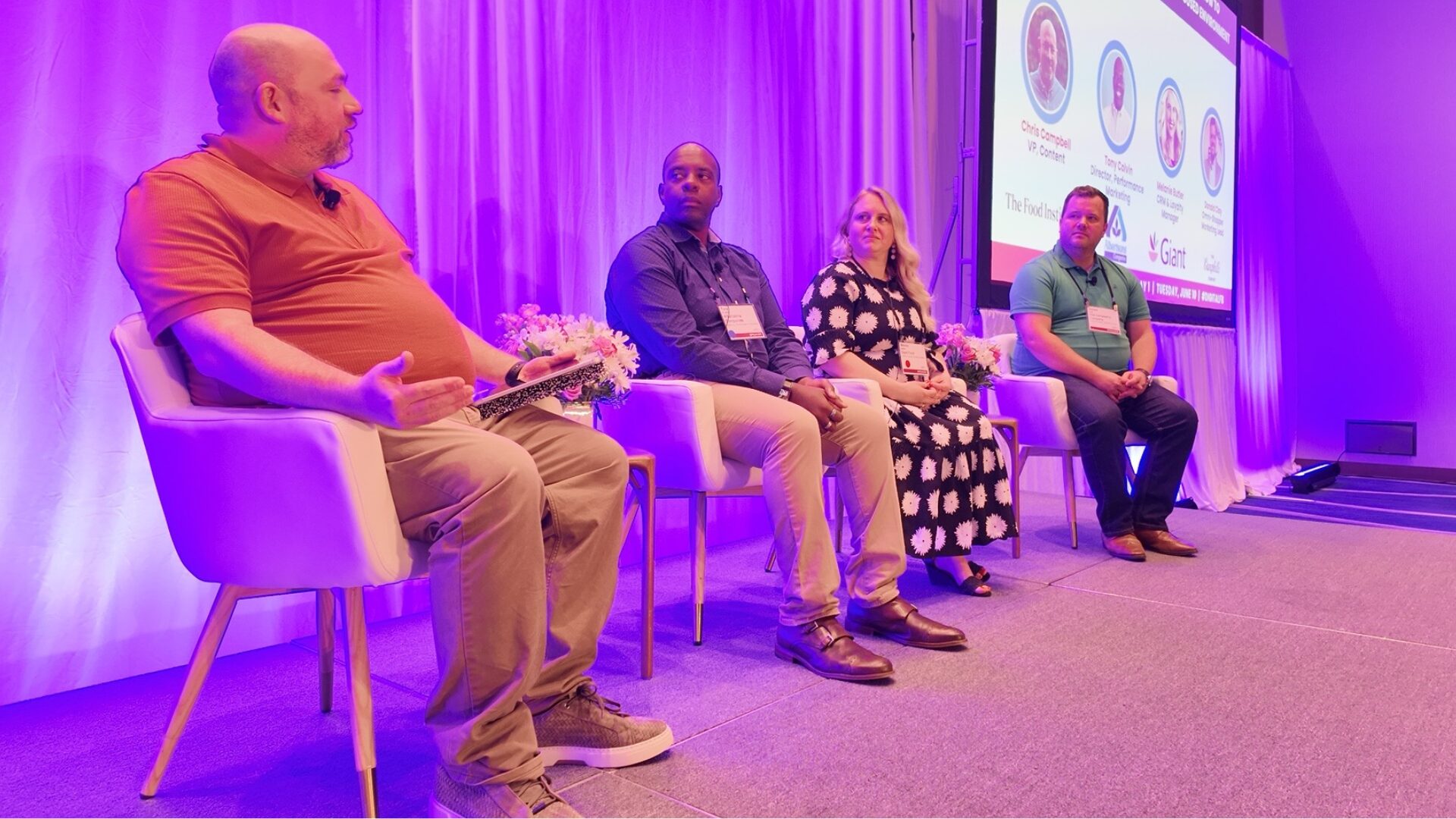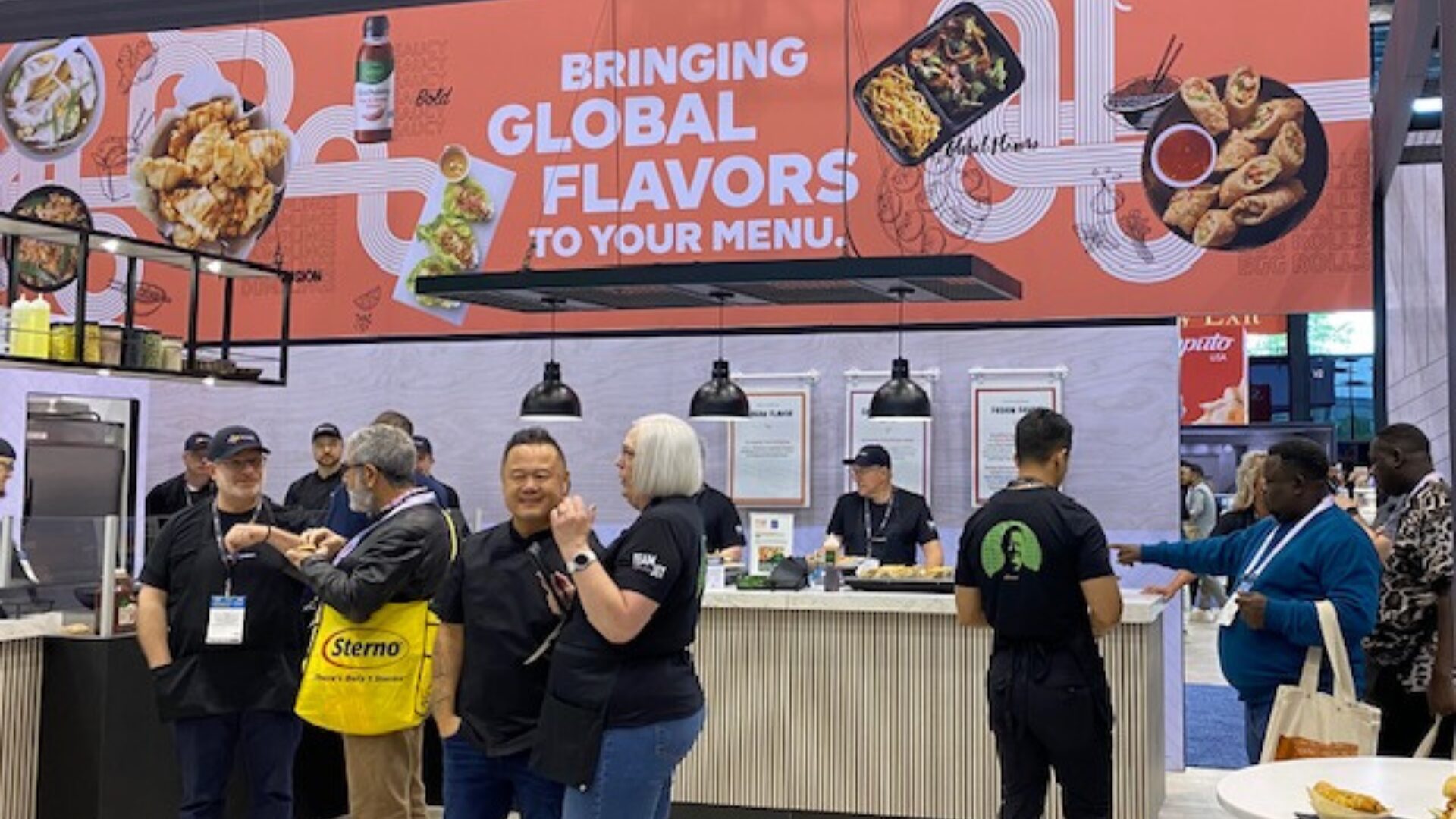The generation gap is back. Gen Zers say they’re misunderstood by their elders – including those people who a couple of generations back said they’d never trust anyone over 30.
How did we get here?
Gen Z — anyone born between 1997 and 2015 and the most populous generation on earth – is the cohort just finishing its education and making its way into the workplace. This generation mostly was born into a United States at war, saw its parents struggling through a crippling recession when members were very young and experienced a pandemic that shut down society just as they were beginning to come into their own. By 2030, they will make up a third of the workforce.
No wonder their outlook differs.
Call Gen Zers the most-stressed generation. A Cigna International Health survey found 91% of 18-to-24 year olds reported being stressed compared to 84% of older workers. Additionally, McKinsey & Co. data show Gen Zers were more likely than their elders to say they were dissatisfied with their salary (26% versus 20%).
SEEKING UPWARD MOBILITY
The U.S. Bureau of Labor Statistics notes employees generally are staying at their jobs a little more than four years before moving on. Among younger workers, the median length is 2.8 years, largely because they’re bored. A Glassdoor survey found an employee likely to move on if the current job does not provide a way to develop new skills.
Workers also want their jobs to be more than a paycheck.
An analysis by Deloitte finds Gen Z values salary less than previous generations in deciding whether to take a job and is more interested in whether a company is a good corporate citizen, by proving dedication to sustainability, climate change and feeding the hungry.
DEMANDS MISUNDERSTOOD
Young worker Reena Koh, writing in Business Insider (Feb. 14), said she is amused by the impressions older workers have of her generation and takes umbrage at the stereotypes applied.
“What we want is quite simple and our ‘demands’ will benefit not only us but also change the workplace for the better,” Koh wrote.
So, what does Gen Z want employers to know? According to Koh:
- The hustle culture is dead. Since Gen Zers can’t seem to make enough money to get ahead, they focus on life outside of work, viewing their jobs simply as a means of affording their living expenses.
- Forget lifelong, loyal employees; 50 years and a gold watch along with a pension are things that belong in the distant past. “Given that companies never hold back when it comes to laying off employees to cut costs, there is no reason for me to pledge allegiance to a business that sees me as disposable.”
- Corporate jargon is a waste of words and energy. Get to the point, using plain English to save time and avoid miscommunication.
EFFECTIVE OFFERINGS
The Deloitte analysis notes workers now need renaissance capabilities, possessing technical, analytical, management and creative skills. Companies will need to adopt a different process to keep Gen Zers engaged, including development of internal apprenticeship programs, mentorship programs, partnerships with universities, career paths and multiple work formats, and internal marketplaces to match projects to individual skill sets, Deloitte said.
After spending their initial work experience working from home, Gen Zers are being asked to take part in a full return to the office. They don’t know how to relate to coworkers.
The demand also comes at a time when the economy is behaving erratically – high inflation and a half-century low unemployment rate – and employers are laying off workers.
“In its essence, work is at a very uncertain time,” Eliza Filby, a management and recruitment expert, told the BBC (Feb. 16).
The Food Institute Podcast
Click the play button above to listen to the episode.
While many dairy products require bacteria for production, not all cultures are made the same. Chr. Hansen microbiologist Shannon Neuens joined The Food Institute Podcast to explain his views on bio-protection – the use of microflora to extend a product’s shelf life – and also discusses how the company’s line of cultures can be used to bolster nutrition and improve taste.












